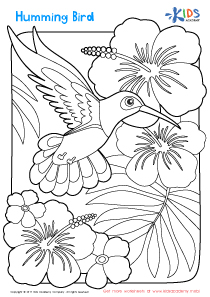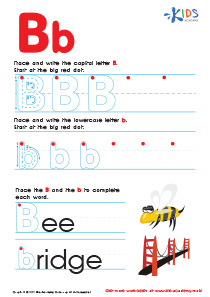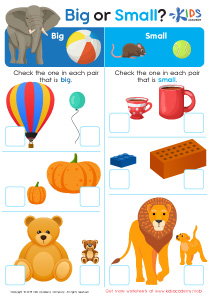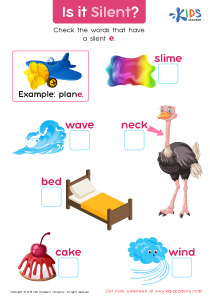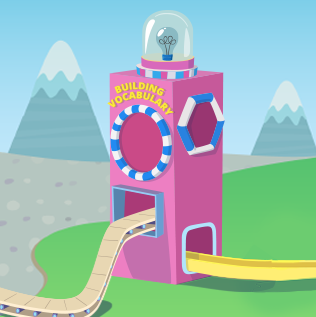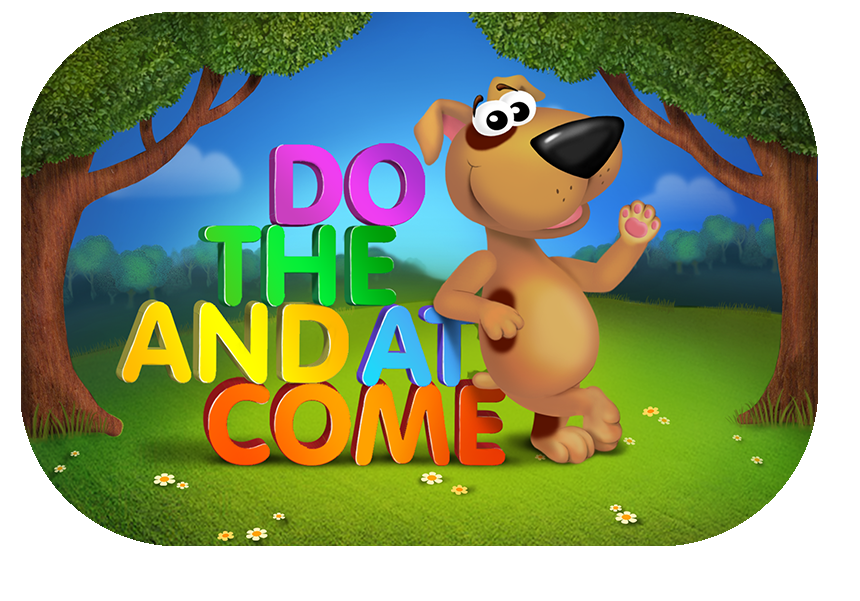English Language Arts Lessons | Common Vocabulary for 9-Year-Olds
5 results
Introducing our dynamic lesson series on Common Vocabulary for 9-Year-Olds, designed to enrich your child's language skills through a captivating blend of interactive worksheets, engaging educational videos, and stimulating assessment quizzes. Tailored specifically for the curious minds of 9-year-olds, this program aims to expand their vocabulary in a fun and interactive environment. Watch as your child encounters new words and concepts, reinforcing their learning through a variety of formats that cater to different learning styles. Perfect for building a strong linguistic foundation, our Common Vocabulary lessons promise to make learning an adventure for your young learner. Join us and witness their vocabulary blossom!
Enhancing Learning with Common Vocabulary for 9-Year-Olds
As children grow, their learning needs evolve, necessitating educational tools that cater specifically to their developmental stage. One crucial aspect of this developmental journey, especially for 9-year-olds, is the expansion of their vocabulary. Our lessons on Common Vocabulary for 9-Year-Olds are meticulously designed to address this need, providing a foundation that not only enriches their language proficiency but also supports their overall academic growth.
Understanding and using a broad vocabulary is the cornerstone of effective communication and comprehension across all subjects. For 9-year-olds, who are at a critical point in their cognitive development, engaging with Common Vocabulary tailored to their age can significantly enhance their ability to express themselves clearly and understand the material presented to them in various subjects. This foundational skill set paves the way for success not just in language arts but across the curriculum.
Our lessons are structured to offer a dynamic and interactive learning experience. Through the use of interactive worksheets, we provide hands-on opportunities for children to engage with new words in various contexts. This approach not only aids in memorization but also in understanding the practical application of these words. By actively using new vocabulary in sentences, stories, or describing scenarios, children can internalize these words, making them a natural part of their lexicon.
Moreover, our inclusion of educational videos adds a visual and auditory dimension to the learning experience. These videos are crafted to grab the attention of 9-year-olds, presenting vocabulary in engaging, relatable, and often entertaining scenarios. This multimedia approach caters to different learning styles, ensuring that whether a child learns better by watching, listening, or doing, our lessons meet their needs in a comprehensive manner.
Assessment quizzes form another integral part of our lessons on Common Vocabulary for 9-Year-Olds. These quizzes are designed to be both encouraging and challenging, enabling children to assess their understanding of the vocabulary covered. Feedback from these quizzes helps learners identify areas of strength and opportunities for improvement, fostering a growth mindset towards learning. Moreover, these assessments serve as valuable tools for parents and educators to track progress and tailor further learning experiences to meet the specific needs of each child.
In conclusion, our lessons on Common Vocabulary for 9-Year-Olds are more than just a means to expand a child’s vocabulary; they are a gateway to improved academic performance and enhanced self-expression. Through interactive worksheets, educational videos, and assessment quizzes, we provide a comprehensive and engaging learning experience that equips children with the language skills necessary to excel both in school and in life. As children master Common Vocabulary appropriate for their age, they build confidence in their abilities, setting a strong foundation for lifelong learning and achievement.
